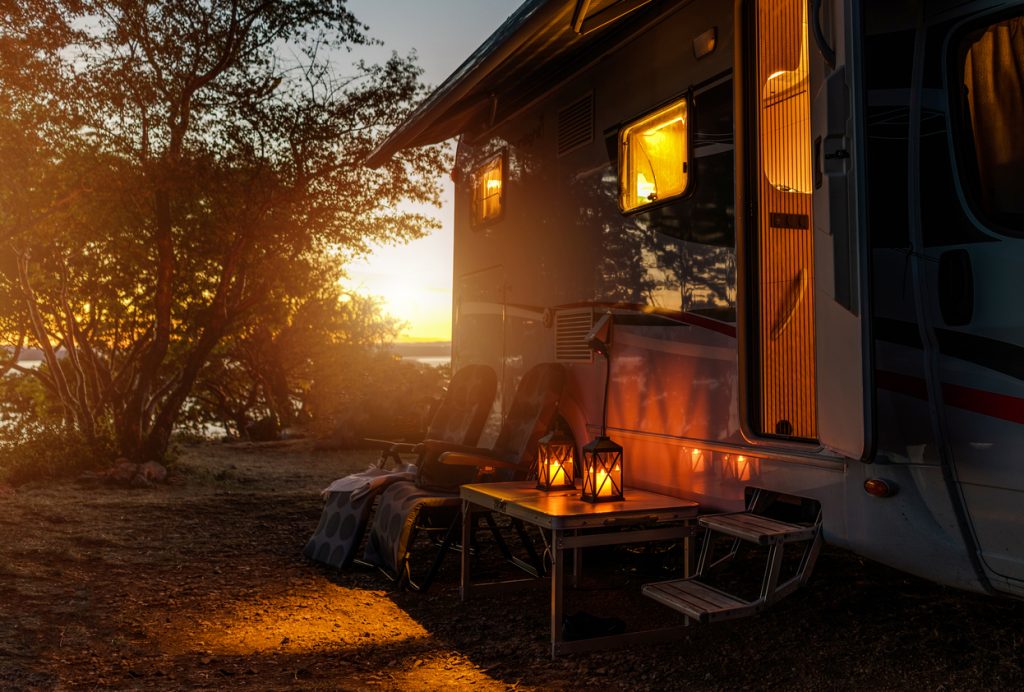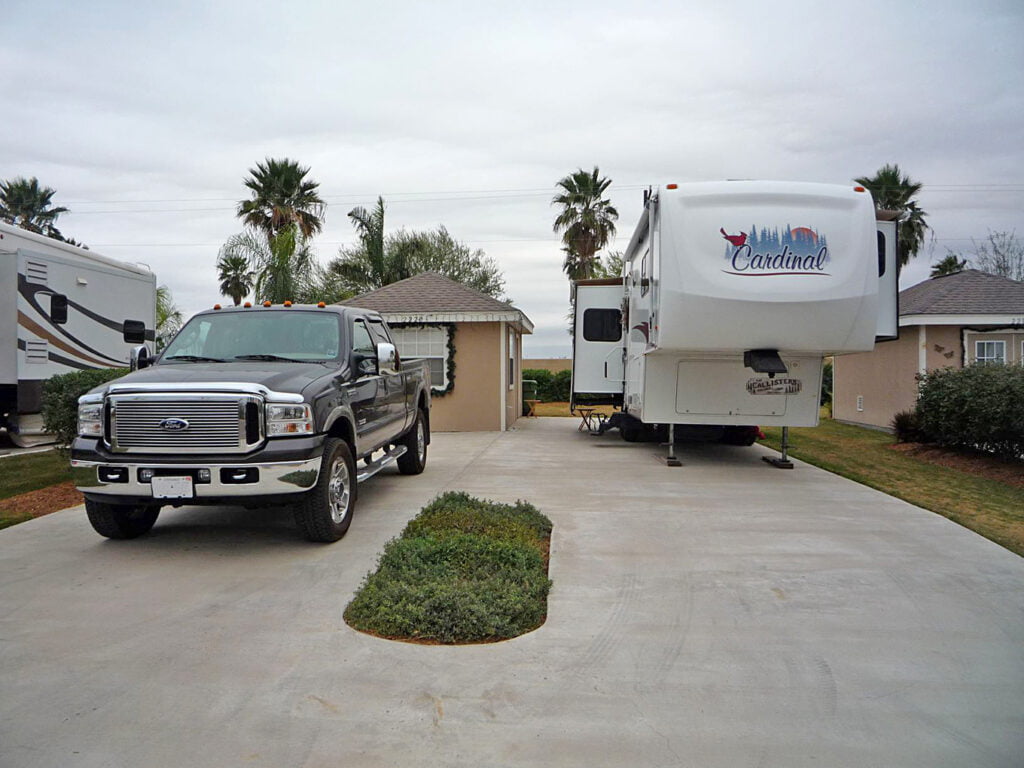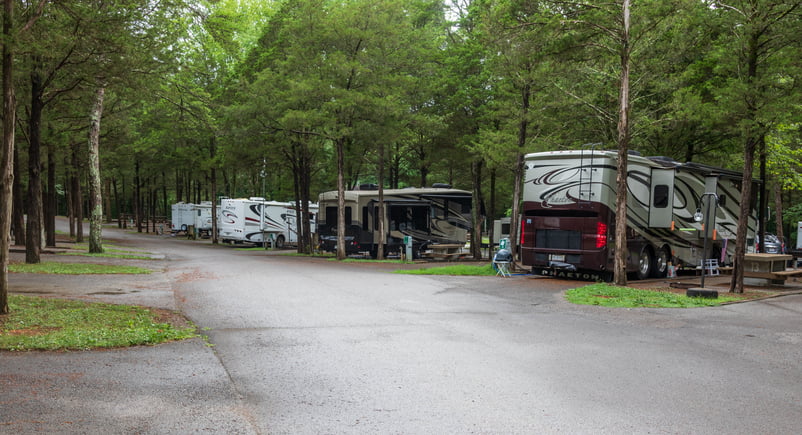We all feel a desire for change from time to time, but it seems to be most potent in the month of December — right before we hit the new year. It’s fitting, then, that this is right around the time when we all start thinking about our New Year’s resolutions.
Do you have a new resolve for January 1st? Are you oscillating between a few? Not sure you want to make one at all?
Below, we’ve outlined both the history and the psychology behind this tradition. We also offer up some New Year’s resolution tips to help you stick to your plan and reap all the benefits this year.
Where Did the Tradition of Making New Year’s Resolutions Come From?
Did you ever wonder how making New Year’s resolutions came about?
The tradition is actually about 4000 years old. Historians trace it back to the ancient Babylonians, who would make promises to their gods during a 12-day religious festival celebrated right before the new year.
The Romans did something similar. Around 46 BC, Julius Caesar designated the month of January as the first month of the year, so on January 1, Roman citizens would make promises to the god Janus (after whom the month was named). Later, the Christians took on a related tradition by making it a ritual to recognize their mistakes over the past year. They would then resolve to do better in the new year.
How to Set New Year’s Resolutions
The best tip we have for setting New Year’s resolutions that you’ll keep is to make them specific and write them down. Also, if you can, stick to only one or two resolutions. Resolving to change numerous things in your life all at once is often not feasible — even for the most hard-working and dedicated among us.
If you’re still not sure what you want your New Year’s resolution to be, grab a piece of paper and a pen, and start writing down areas of your life that you’d like to change. Many people go with a resolution related to weight loss or their overall health. Try to be more specific than just saying you’d like to “lose some weight.” If this is something you would indeed like to do, set a specific goal, and write that down. For example, you might write down that you’d like to lose half a pound to a pound a week for the first four weeks of the year.
Now, take this piece of paper and put it somewhere where you’ll see it every day. In the following section, we’ll outline some more tips for improving your odds at achieving this goal!
How to Stick to New Year’s Resolutions
If you’ve been unsuccessful sticking to New Year’s resolutions in the past, now is the time to take a different approach.
Here are some additional tips to help make your 2022 New Year’s resolutions a success.
- Keep it simple. As stated above, you don’t want to be too lofty in your goal setting because this can be discouraging if you don’t achieve what you set out to fairly quickly and easily. Start small with a goal you can easily handle. This will give you some motivational success. Remember: you can always add more or bigger goals once you achieve the preliminary ones.
- Start with your resolution (your goal), but really focus on what daily changes you’re actually going to make. If you want to start walking more, for example, you might decide that you’re going to take a 15-minute walk, five days a week. That’s a great start, but you need to get even more specific than this. For example, tell yourself the time of the day that you’re going to walk and what you’re going to wear. Pick out what you’re going to listen to on your headphones and whether or not you’re going to bring a water bottle with you. These details matter.
- Enlist help from a buddy. Ask a friend or family member to work on the same resolution with you. This will give you some accountability and make it more likely that you’ll follow through on your goals.
We hope you are enjoying the start of the holiday season, and we wish you good luck on your New Year’s resolutions this year! For more information about Explorer RV Club, please check out details about our organization and membership.




